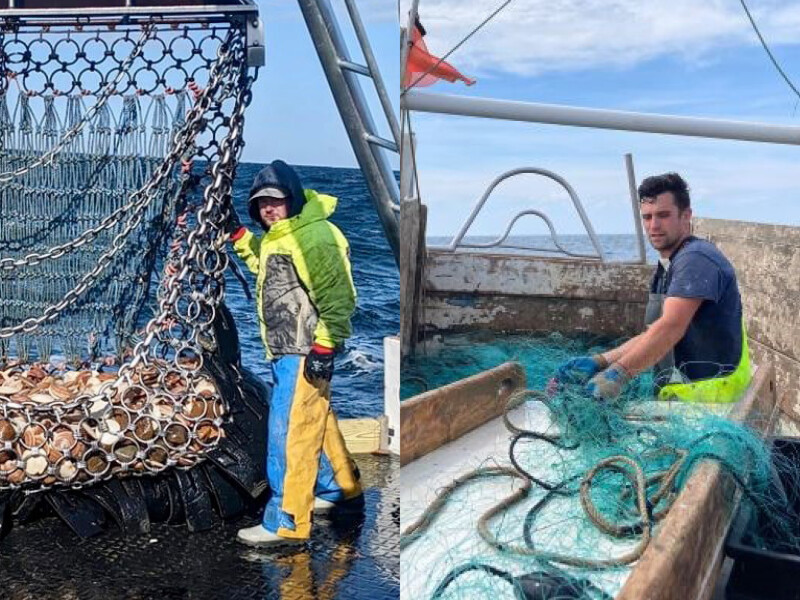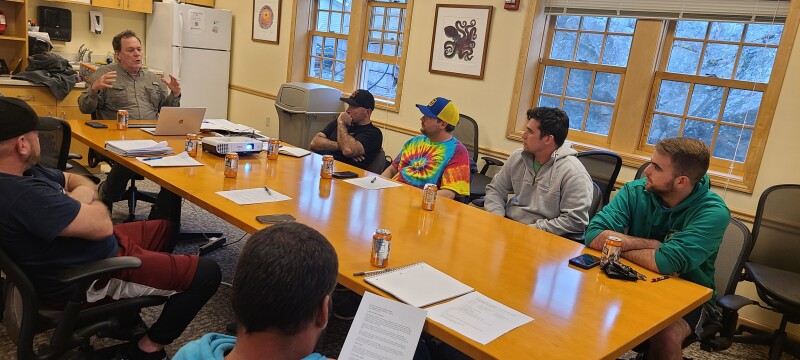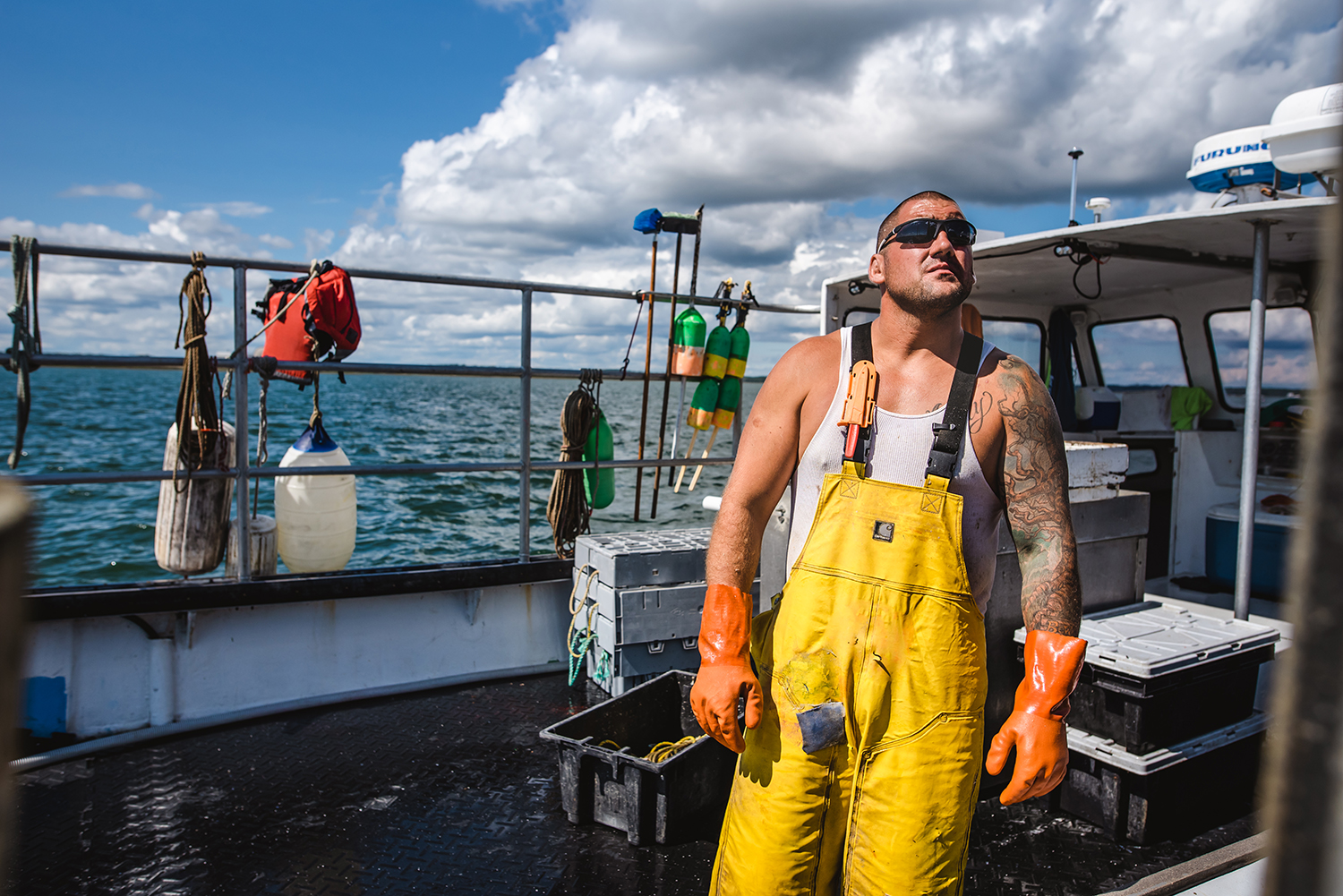The kids who hung around Perkins Cove, Maine, back in the 1960s wanted to be fishermen. By the time we were 10 or 12 years old, the ocean, boats, and fish had cast their spell on us. We knew who Mickey Mantle and Carl Yastrzemski were, but our heroes parked their pickups by the bait wharf and harpooned bluefin tuna from their boats.
We dreamed not so much of hitting home runs but of chugging into the harbor at night and unloading 600-pound giants in front of awestruck tourists peering down from the wharf.
Quite a few of us wound up fishing, at least for a while. And some of us still do.
But times have changed. And as fishing’s fortunes have declined, so, too has the number of aspiring fishermen.
“It has become painfully evident that our area is suffering from the ‘graying of the fleet,’” says Andrea Tomlinson, founder and executive director of the nascent, New Hampshire-based New England Young Fishermen’s Alliance. The Alliance's mission is to provide aspiring fishermen with a pathway into the fleet. “This is a project I have been trying to develop for over four years.”

One would be forgiven for asking, “What fleet?” According to the Alliance, there were 104 vessels licensed to harvest New Hampshire groundfish in 2000. By 2021, the number of licenses had dwindled to 18, five of which are based in New Hampshire.
The reasons for the decline are well known to all of us. And while we can debate the various strategies to reduce the effort that have been implemented over the last 25 years, Tomlinson and the members of the Alliance, which includes Yankee Fishermen’s Cooperative, the UNH NH Food Hub Network, Gorhan Public Health Consulting, and the Rockingham Economic Development Center, are focused on an issue of particular immediacy: tomorrow’s fishermen.
The “cove rats” the fleet once nurtured are not so much in evidence because the fleet that once lured us to the waterfront and held us rapt has grown so small.

As a news release issued by the Alliance in late April points out, there has been “a drastic reduction in succession within [the] commercial fishing industry nationwide.” In fact, the release says, the average age of groundfish and lobster captains in New Hampshire and throughout much of northern New England is 55.
Over the years we have observed that an unforeseen — or if not unforeseen, unaccounted for — consequences of reduced harvests is loss of infrastructure. By the time Maine’s shrimp fishery reopened in the late 1990s following a hiatus of several seasons, a number of buyers and their processing equipment were gone. As a result, shrimp were cheap. The same thing happened when the Mid-Atlantic summer flounder fishery came back.
Markets are a force of nature. They move on.
But if weak markets are unfortunate, a lack of fishermen is a disaster. Markets can recover. But if a fleet consisting of numerous owner-operated vessels loses its toehold on the wharf, it will almost certainly be succeeded by fewer but more capable vessels, reduced employment, and an eviscerated working waterfront.

The Alliance was launched with help of a grant from the U.S. Department of Agriculture’s Local Agriculture Market Program. The grant will fund three annual “Deckhand to Captain” training programs.
The program targets young fishermen in southern Maine, New Hampshire, and northern Massachusetts. Deckhands with a minimum of 5 years’ experience can apply for a free, 10-month training program and will receive instruction on the business side of fishing as well as permitting and compliance, and public speaking. Each will be paired with a veteran captain as mentor.
When I started fishing a Maine lobster license was $10 or $15 and a commercial fishing license was $25. Most fishermen built their own traps and nets. Used boats weren’t expensive, and if you needed an engine you went to a junkyard and got one out of an old car. Marry a girl who had a job and you were good to go.
Those days are gone. The Alliance cites $250,000 as the minimum initial capital requirement to purchase a boat, permits, and equipment — a figure which to my way of thinking is conservative.
“We need to change that scenario in order to preserve the heritage and culture of our working waterfronts in northern New England,” Tomlinson says. “The New England commercial fisherman is becoming an endangered species and we need to fix that.”
Tomlinson can be reached at New England Young Fishermen’s Alliance: neyoungfishermen@gmail.com (603) 767-7209







